by Kirt Hickman
 This month’s column completes a three-part look at techniques that can help you show your characters’ emotions effectively. So far, we’ve learned to:
This month’s column completes a three-part look at techniques that can help you show your characters’ emotions effectively. So far, we’ve learned to:
1. Use emotional honesty.
2. Convey the source of the emotion.
3. Avoid clichés.
4. Use metaphor.
5. Use concrete details.
6. Use internal monologue.
7. Use dialog.
8. Show physical response.
Additional techniques include:
9. Have the character respond to the emotion in an unexpected way.
Snider pulled Chase aside. “That was a lovely exercise,” he spat, “but you haven’t answered the basic question: Why?” Veins bulged in his forehead as he said the last word. His eyes, crazed as though he was on the verge of a breakdown, spoke of the unbelievable pressure that he must be under. Chase had thought he’d understood, but matters were apparently worse than he’d imagined.
“Look, Morgan.” Snider dropped his voice. “You must answer that question. And soon. I’m getting to the point where I don’t even care if it’s the right answer.” He looked Chase in the eye. “You hear what I’m saying?”
In this example from my science fiction novel, Worlds Asunder, Snider responds to his stress by essentially telling Chase to lie. This is surprising, because Snider’s primary concern has been his own reputation, which could be ruined by such a lie.
This technique can be tricky to employ because the emotional response must be believable, even though it’s unexpected. The key is to make it specific to the character. I do this here by incorporating one of Snider’s tag lines: “You hear what I’m saying?”
10. Use one emotion to express another.
The following day they received a broken transmission from Snider, crackling through a faulty connection in the comm gear. A pair of geologists had arrived on the scene and found Herrera’s bodyguard dead in the cabin. Chase swallowed hard and bowed his head for a moment…
“Everyone else is missing,” Snider finished.
The news was good and bad. It reminded Chase of the fragility of life and the cold ruthlessness of space. And he mourned the loss, even though he hadn’t known the man. But according to Snider’s report, the rover was still moving. Somehow the others had found the means to endure without the protection of a ship or habitat.
In this example, I talk about mourning over the man found in the wreckage, but because Chase didn’t know the man, there’s no basis for his grief. What he’s actually feeling is hope for those that still live. The mention of mourning is a way to express Chase’s hope by contrasting it with another, dissimilar, emotion.
11. Use external setting to mirror your character’s emotions.
In the following example, Bill has just awoken from a coma. Dana has stepped away from his bedside to allow the nurse to assess his condition. Notice how I use the sunlight in the hospital room to reflect Dana’s feelings.
The sun warmed the room through the durapane window, suddenly now bright and cheerful as if it had just risen. Dana returned to Bill’s side and kissed him again, this time on the mouth. “I thought I’d lost you.”
12. Use character action.
Gerri threw the contract onto the floor, snatched up her coat, and stormed from the room.
This example uses Gerri’s actions to show her anger.
13. Express the emotion in a way that is specific to the character.
[President Powers] felt like she had when she was twelve, when she and her friends were playing in the surf off the South Carolina coast. She’d waded in too far and a large wave had washed over her, pulled her under.
China armed in Earth orbit and the United States ignorant. She couldn’t breathe. A cold pressure squeezed in around her, holding her down while she was powerless to prevent it. She heard Norton slam the table through the muffled sound that filled her ears. They were arguing, Norton and O’Leary, but only Norton’s voice penetrated the president’s consciousness with the words incompetent and consequences.
Finally, like it had when she was twelve, the wave receded and she came up for air. She banged her cane on the hardwood floor to bring civility back to the meeting.
In this example, I use a specific event from President Powers’ childhood to express her sense of being overwhelmed in a way that is specific to her.
The techniques in this three-part column are valuable tools to master. If you’d like to see a more in-depth treatment of this topic, I recommend Creating Character Emotions by Ann Hood.1
Read the first two parts of Kirt Hickman’s series:
“13 Ways to Show Character Emotions,” Part 1
“13 Ways to Show Character Emotions,” Part 2
1Ann Hood, Creating Character Emotions, Story Press Books, 1998.
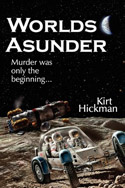 Kirt Hickman is a technical writer turned fiction author. His books include three sci-fi thriller novels Worlds Asunder (2008), Venus Rain (2010) and Mercury Sun (2014), the high fantasy novel Fabler’s Legend (2011), and the writers’ how-to Revising Fiction: Making Sense of the Madness (2009).
Kirt Hickman is a technical writer turned fiction author. His books include three sci-fi thriller novels Worlds Asunder (2008), Venus Rain (2010) and Mercury Sun (2014), the high fantasy novel Fabler’s Legend (2011), and the writers’ how-to Revising Fiction: Making Sense of the Madness (2009).
This article was originally published in the October 2008 issue of SouthWest Sage, and is reprinted here by permission of the author.

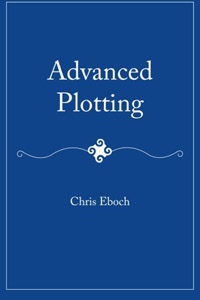
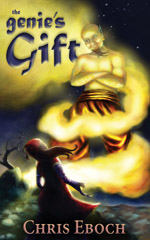
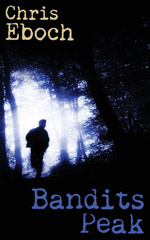
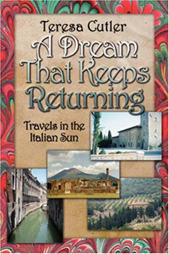
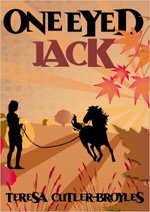
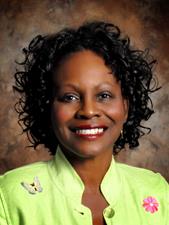
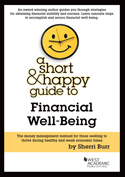
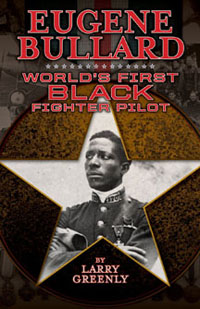

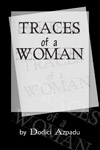
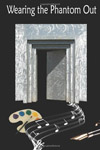

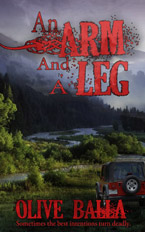
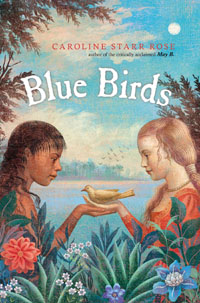
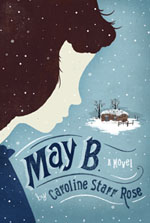
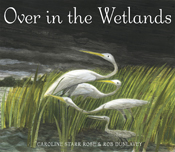
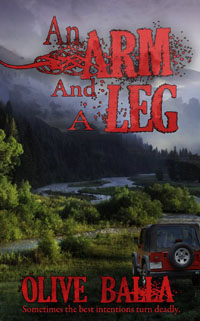

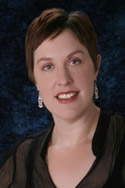 Bentley Clark isn’t sure whether the phrase is “racking my brain” or “wracking my brain.” You can assist her with the distinction by leaving a comment below.
Bentley Clark isn’t sure whether the phrase is “racking my brain” or “wracking my brain.” You can assist her with the distinction by leaving a comment below.























